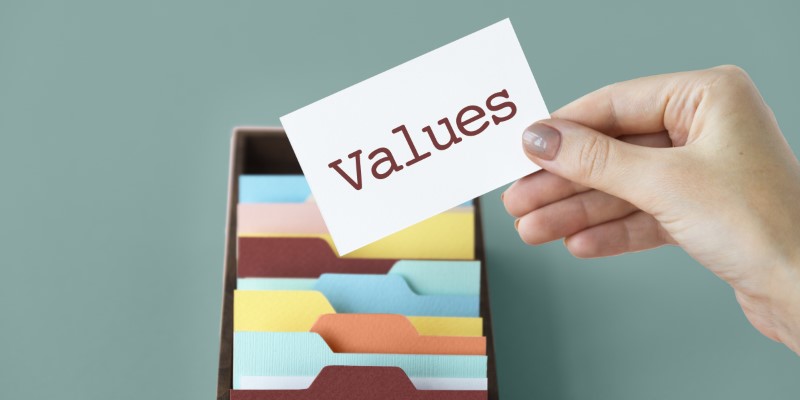Introduction
We want to introduce you to a simple form of investing called "Mutual Funds" if you have some spare cash and can put it aside for at least three years but have never done so before. Most people are intimidated by the term "mutual fund" because they are unfamiliar with investment products. The benefits of mutual funds are numerous. Mutual funds are designed to facilitate easy, low-cost investment. To get started, you only need Rs. 5,000. Investors are relieved of deciding which stocks and bonds to buy with their savings and the additional duties of managing and safeguarding those investments daily.
High-Yield Savings Accounts
Overview
Instead of keeping your money in a checking account, which earns you next to nothing in interest, put it in a high-yield savings account at a bank or credit union. A savings account at the bank will accrue interest regularly.
Who Are They Good For?
Those who aren't willing to take any chances with their money can benefit from a high-yield savings account, and those who need access to funds shortly and don't want to lose their investment can do so.

Risks
You can rest assured that your savings are safe in a bank or credit union savings account because they are insured against loss by the FDIC and NCUA, respectively.
Deal With Your Debts
Before you start putting money away, you should calculate how much it costs to maintain your current debts and how quickly you can pay them off. Some high-interest credit cards have 20% or more APRs, and some student loans have 10% or more. Over time, the average annual earnings from the U.S. stock market have been around 9.2%, so those rates are higher. If you have a lot of high-interest debt, it's smart to get rid of that before investing. While it's impossible to know how much money you'll make from most investments, you can rest assured that paying off a loan with a 20% interest rate a year early will have the same effect as making a 20% profit.
Treasury Notes, Treasury Bills, and Treasury Bonds
Government bonds are the best way to earn a marginally higher interest rate than a savings account without taking on a great deal of extra risk. The yield on a one-month Treasury is currently 2.22 percent, and the yield on a thirty-year Treasury is currently 2.9 percent (as of August 2022). U.S. Treasury bonds have a lot of credibilities because they are backed by the full faith and credit of the U.S. government. The United States has a long and storied tradition of paying its bills. If you need access to your cash before the debt matures, you can buy and sell it more easily on secondary markets because of how safe government debt is. Bonds with a high credit rating are more stable than corporate bonds, but their yields may be lower.
Gold
Gold and silver, and crude oil are available as investment options. Investing in gold is ancient, but that doesn't mean it's a good idea. As with any commodity, the price of gold responds to factors such as supply and demand and psychological factors like fear and speculation, which can be affected by political and environmental factors. The price of gold is highly volatile and subject to sudden changes because the "moat" (protection against a price drop) is dependent on market forces outside of your control. Gold's price rises when scarcity and fear are high and falls when the commodity is widely available.
Index Funds (ETFs or Mutual Funds)
Low-cost, diversified index funds are the experts' top pick. You should put your money into these funds because they have low expense ratios. The Standard & Poor's 500 Index Fund is a good starting point. It follows the stock prices of the Fortune 500 most valuable companies. Because they distribute your money across many companies, index funds are a more secure bet than buying individual stocks.

Conclusion
It would help if you made it a habit to save a certain amount every week. Consider using an app to save the spare change from your purchases automatically. Focus on the debts with the highest interest rates first. Make the most of your retirement savings. Reflect on how your risk tolerance has evolved. Upgrade your investments as your savings grow.




